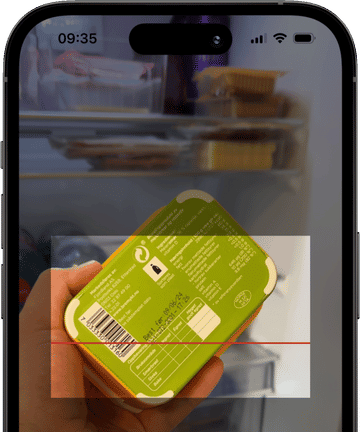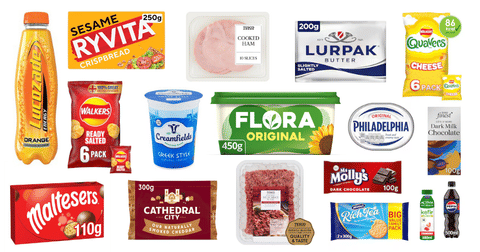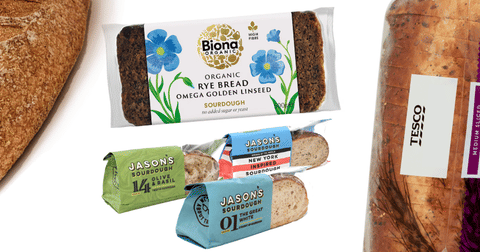
What ultra-processed food is really about
There are plenty of misunderstandings and myths surrounding ultra-processed food. It’s not really about whether it’s simply healthy or unhealthy, or about scary-sounding additives. So what is it actually about? Let’s break it down.
There are many reasons why some people choose to avoid ultra-processed food and drinks. For some, it’s about being cautious with certain controversial additives.
But the real issue with ultra-processing isn’t the additives themselves — it’s what they enable. At its core, it’s mainly about two things: the displacement of whole ingredients and addiction.
What is ultra-processed food?
Ultra-processed food is, simply put, products that have undergone extensive industrial processing. A classic feature of ultra-processed foods can be long ingredient lists with items you wouldn’t find in a typical kitchen.
On the ingredient list of ultra-processed foods you typically find additives such as emulsifiers, colour agents, thickeners and flavourings. Additives that contribute to food safety and preservation such as preservatives and antioxidants, do not make a product ultra-processed.
1. Displacement of whole ingredients
An example illustrating the displacement of whole ingredients in ultra-processed food is the difference between these two ketchups. One is ultra-processed, while the other is a clean-label product (i.e. not ultra-processed).
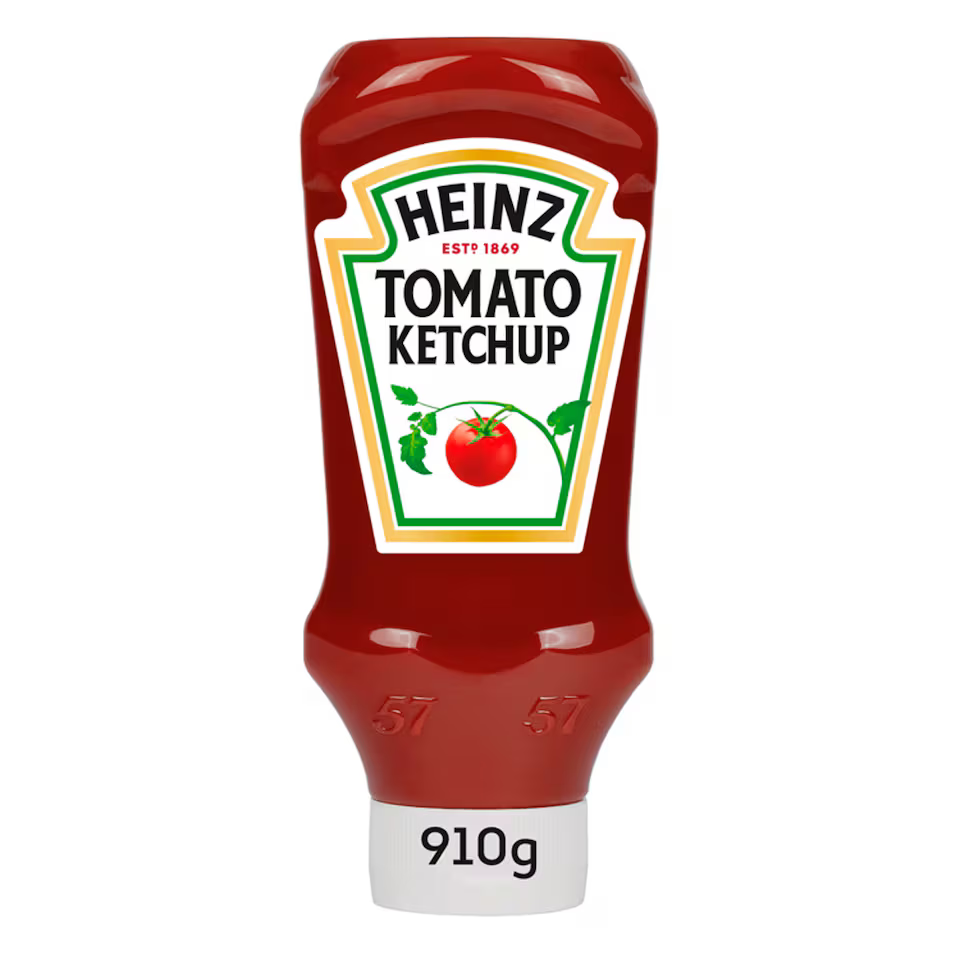
Heinz Top Down Squeezy Tomato Ketchup Sauce 910
Ingredients: Tomatoes (148g per 100g Tomato Ketchup), Spirit Vinegar, Sugar, Salt, Spice and Herb Extracts (contain Celery), Spice
Heinz Top Down Squeezy Tomato Ketchup Sauce 910 is Not ultra-processed .
Heinz Tomato Ketchup has tomatoes listed as its first ingredient, and is not ultra-processed.
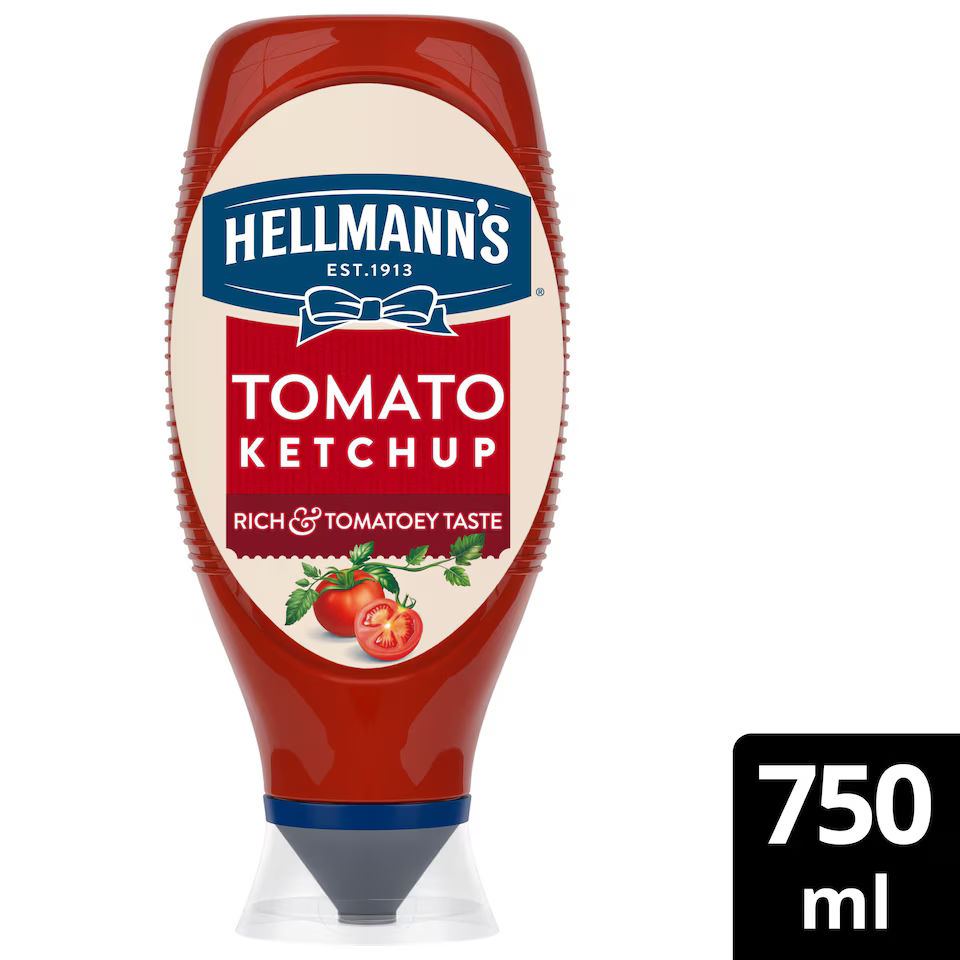
Hellmann's Tomato Ketchup 750ml
Ingredients: Water, tomato paste (30%), sugar, spirit vinegar, salt, natural flavourings
Hellmann's Tomato Ketchup 750ml er Ultra-processed.
Hellmann's Tomato Ketchup, on the other hand, has water as the main ingredient and only 30% tomato purée.
Why doesn’t it taste watery, then? Because the flavourings are used to make it still taste like ketchup. Flavourings can be produced in many different ways, but when labeled as natural, it should have a natural origin. However, it has undergone extensive industrial processing, and very little of the original whole material remains, making it an identifier of an ultra-processed food product.
2. Addiction
Pepsi Max is a soft drink many consume because it contains almost zero calories. But it also contains zero nutrients, and it may replace other beverages. In other words, it can also displace whole ingredients.
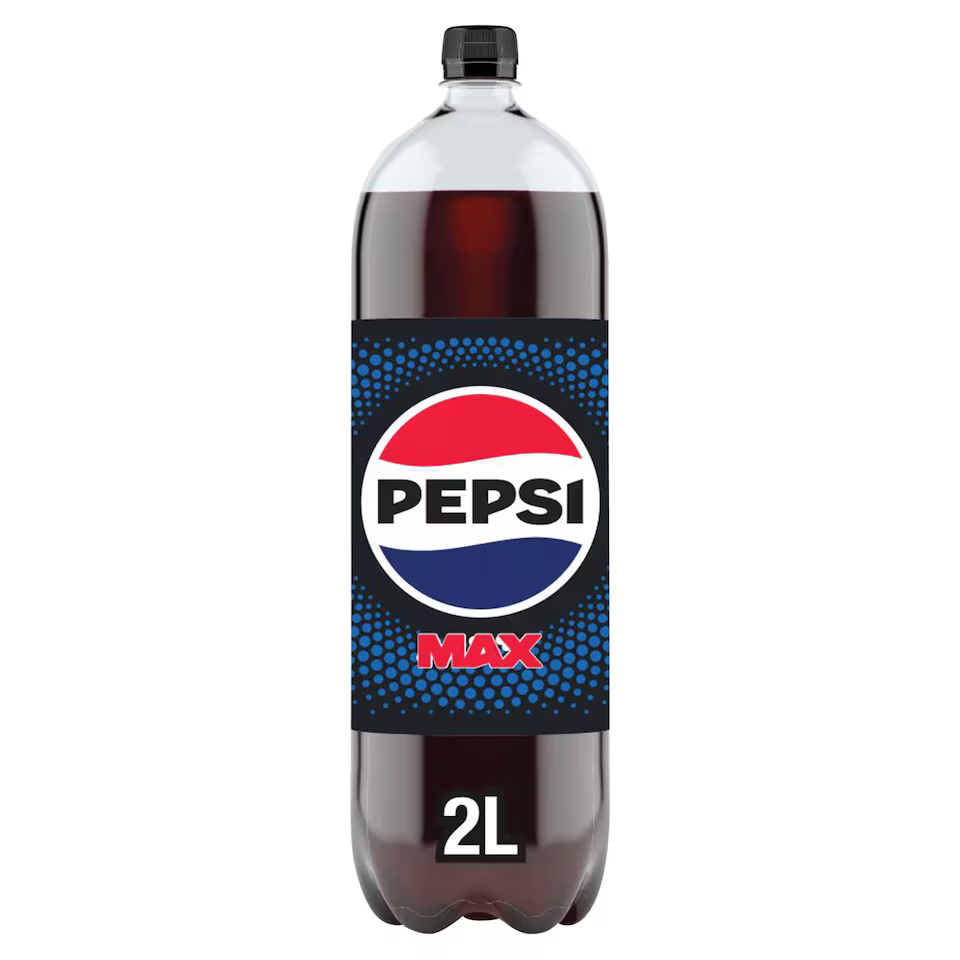
Pepsi Max No Sugar Cola Bottle 2L
Ingredients: Carbonated Water, Colour (E150d), Sweeteners (Aspartame, Acesulfame K), Acids (Phosphoric Acid, Citric Acid), Flavourings (including Caffeine), Preservative (Potassium Sorbate)
Pepsi Max No Sugar Cola Bottle 2L er Ultra-processed.
But the most important thing with such products is that you can become addicted to them (source 1).
Do you drink Pepsi Max because it truly tastes good, or because you can’t stop? The flavourings and additives in Pepsi Max are artificial and designed to make you addicted. So that you drink more and buy more. That benefits the industry, not the consumer.
And when you combine addiction with displacement of whole ingredients, you get to the very core of what ultra-processed food is all about.
Gut health
Some studies suggest that certain food additives like emulsifiers may negatively impact gut health, by disrupting the gut microbiota and potentially increasing intestinal inflammation (source 2).
Although the effect is highly individual, studies also show that alternative sweeteners can affect gut bacteria (source 3). Sweeteners like sorbitol, for example, are advised against for those following a low FODMAP diet for IBS (source 4).
By avoiding ultra-processed foods, you also avoid both emulsifiers and alternative sweeteners.
Sources
- National Library of Medicine: Ultra-Processed Food Addiction
- The Guardian: The truth about emulsifiers: are they destroying our gut health?
- Anglia Ruskin University: Artificial sweetener has potential to damage gut
- Healthy Food Guide: What is sorbitol, and is it low FODMAP?


